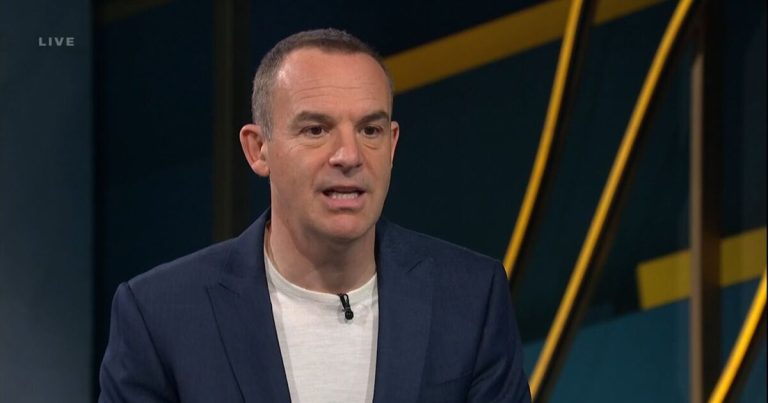
The Department for Work and Pensions (DWP) is facing scorching criticism after reports revealed that Brits claiming certain benefits are enduring waiting times that have nearly doubled in just a year. The prominent Benefits and Work forum has denounced this as “evidence that the DWP is a department in meltdown.”
Applicants disputing benefit decisions, usually via the “mandatory reconsideration” process, face an average wait of around two and a half months, according to Labour MP Stephen Timms, following a written parliamentary inquiry. Independent MP Richard Burgon’s question about measures to cut the wait time for Personal Independence Payment reviews prompted the disability minister to confess: “We recognise that the most recent data shows an increase in Mandatory Reconsideration clearance times, from 37 calendar days in December 2023 to 71 calendar days in July 2024.
“To address this, we are recruiting Mandatory Reconsideration Decision Makers and have made overtime available to increase productivity.”
Meanwhile, the DWP is bracing itself for a surge in Pension Credit claims following changes to the Winter Fuel Payment rules. Coupled with increasing delays in other benefit applications, the effectiveness of these measures “remains to be seen,” according to the disability advocacy forum.
Earlier this year, it was revealed that it could take up to ten years for the department to clear the full Personal Independence Payment (PIP) review backlog. In September, Disability Minister Timms informed MPs that the department would be recruiting a significant number of health professionals “to ensure they have sufficient capacity to deliver the required volume of assessments” and help address the extensive PIP review backlog, reports the Manchester Evening News.
At the same time, the DWP is pressing ahead with the “managed migration” of 800,000 Employment Support Allowance claimants to Universal Credit by the end of 2025. This move, aimed at reducing the department’s soaring £250 billion benefits bill, has been expedited.
With additional resources needed for all these major reforms to the benefits system announced by Labour to address the “£22 billion black hole,” some public bodies have voiced concerns about the DWP’s ability to implement them effectively. Citizens Advice previously stated: “Because the ESA migration timetable has been accelerated so quickly, we’re concerned that DWP doesn’t have the capacity to deliver this support adequately and at scale.”
Citizens Advice has raised concerns about the Department for Work and Pensions (DWP) staff levels, questioning: “For example, whether DWP has enough staff to carry out all the home visits required,” a shortfall that could result in vulnerable claimants being overlooked during the Universal Credit transition. They also stated: “Because the ESJ isn’t a legal process, there aren’t formal mechanisms to hold the DWP accountable if people fall through the net.”







